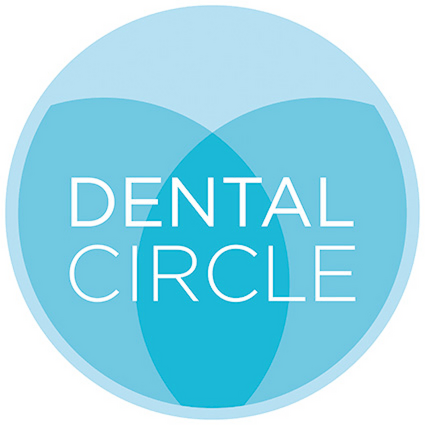From NHS to private practice: the reality behind the transition
)
Making the move from NHS dentistry to private practice is a significant decision - one that Simon Thackeray, President of the British Academy of Private Dentistry (BAPD) and owner of Thackeray Dental Care - knows first-hand. After acquiring a predominantly NHS practice in 1997, he successfully transitioned it into a fully private, five-surgery practice by 2021, all in Mansfield, a modest former mining town. It’s a story of growth, strategic planning, and a shift in mindset.
At this year’s British Dental Conference and Dentistry Show, Simon Thackeray will share practical insights for dental professionals considering the leap. “The first step is understanding your numbers,” he explains. “Unlike the NHS, the private sector is dictated by market forces and your individual patients. That means having a clear grasp on pricing, investment in infrastructure, and preparing your team for change.”
Understanding the local demographic and clear patient communication are also key. Simon encourages practitioners to conduct research, seek guidance from peers, and explore the options that align with their practice goals and community.
But going private isn’t just a business move, it requires a new way of thinking - a fundamental mindset shift. “This is about delivering quality care that is properly valued, not just replicating NHS services under a different banner.”
Navigating defensive dentistry and regulation
Simon also brings a legal lens to his work, having built a parallel career as an expert witness in personal injury and clinical negligence cases. That experience has provided him with a unique perspective on the legal aspects of dentistry and led him to reflect on the systems currently in place - especially their impact on dental professionals, particularly younger dentists entering the field.
One area he believes that could benefit from review to reflect modern practice is the Fitness to Practise process. “The current Fitness to Practise process doesn’t always reflect modern realities,” he says. “Attitudinal fitness, a more subjective measure, can sometimes lead to uncertainty among professionals about what behaviours or decisions might come under scrutiny. For some, this uncertainty contributes to a more cautious approach, where concerns about potential repercussions may limit open discussion or reflective learning, particularly for those early in their careers.”
Simon calls for regulatory clarity, particularly around digital marketing and communications, to give professionals confidence in their approach to care.
Integrity, wellbeing and leadership
Ultimately, Simon believes dentistry must stay rooted in care, connection, and integrity. “Yes, commercial growth is important, but it should never come at the expense of patient care.” He also highlights the importance of work-life balance and mental wellbeing, especially in a profession known for its high stress levels. “Support your patients, but also protect your own wellbeing. You can’t pour from an empty cup.”
Don’t miss Simon Thackeray’s talks at the British Dental Conference & Dentistry Show on Friday 16th and Saturday 17th May. From ‘Mental Health in Dentistry: where are we now?’ to ‘Fitness to Practise: a case for change’ and’ Nurture new beginnings: making the transition from NHS to private dentistry’.








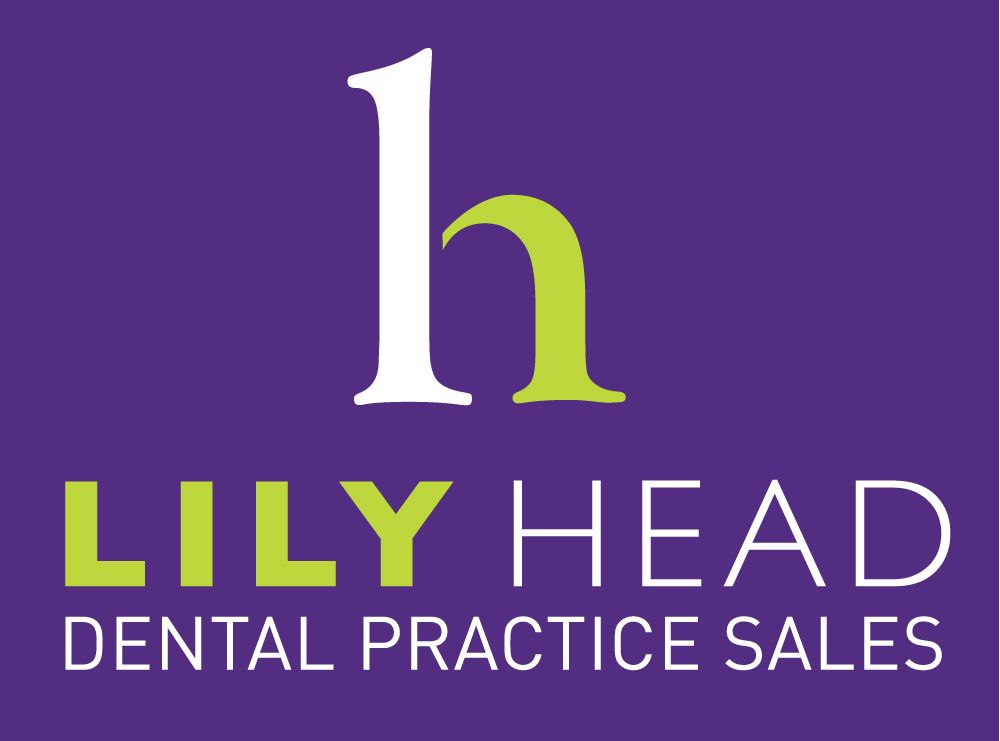







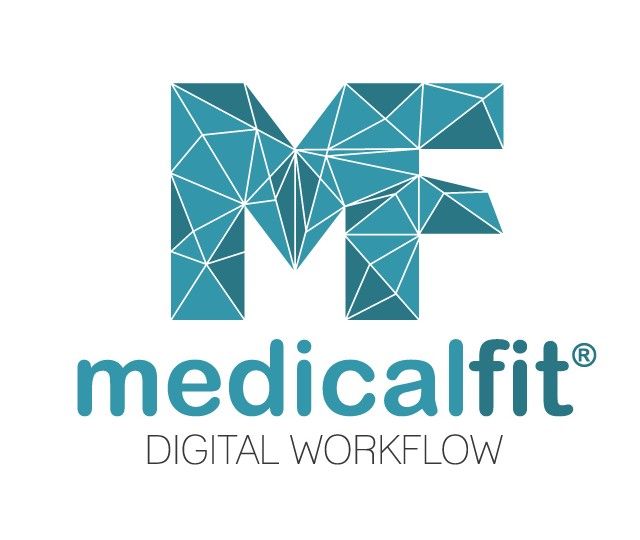


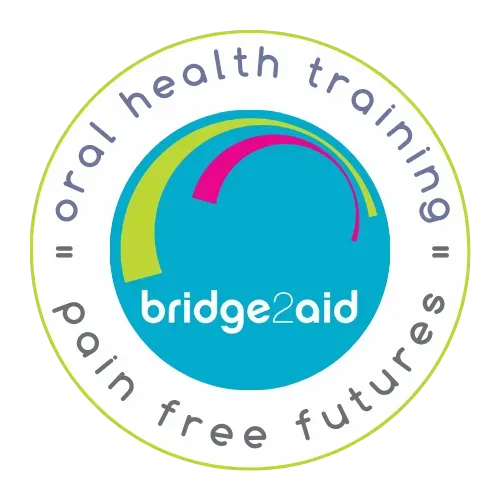
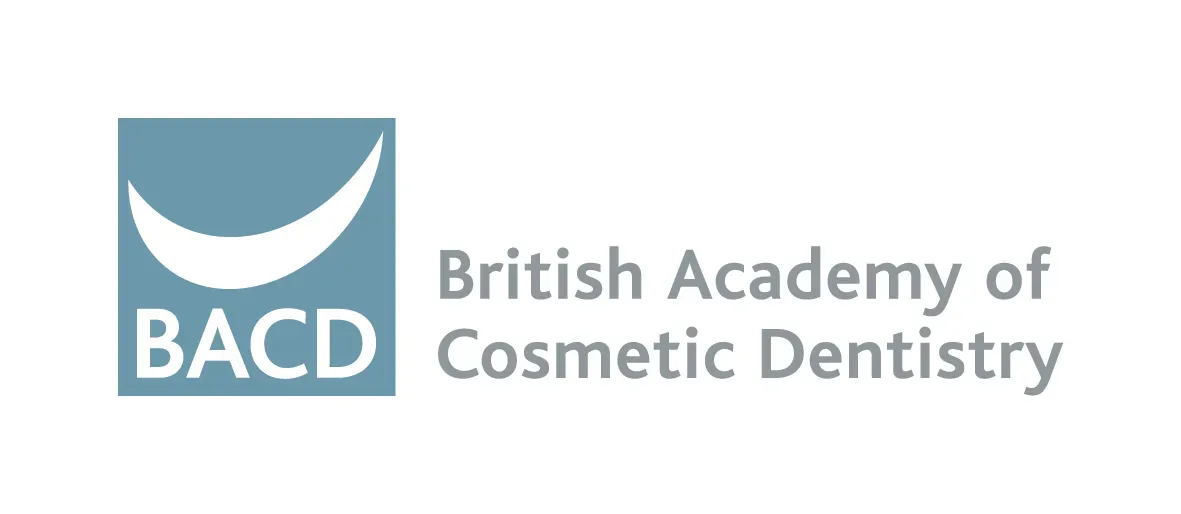
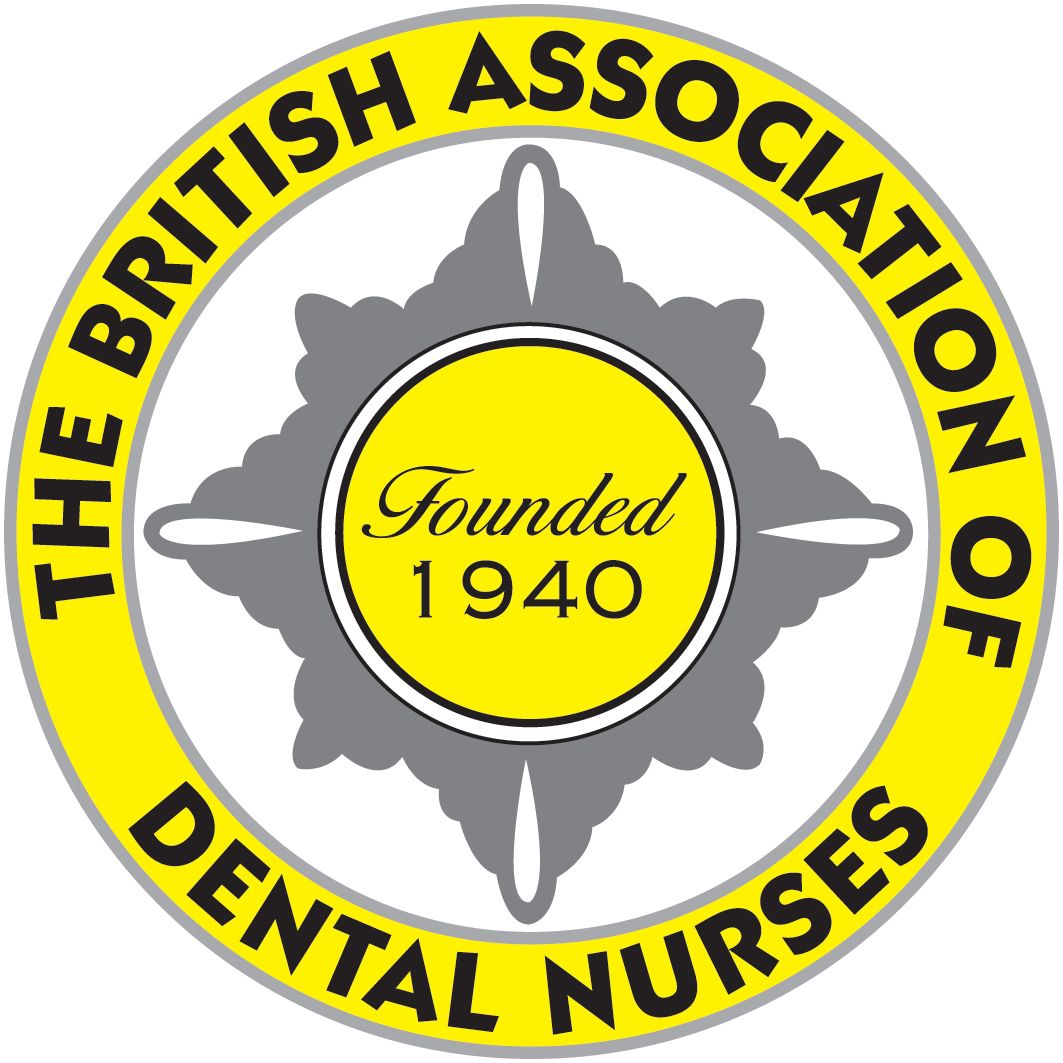
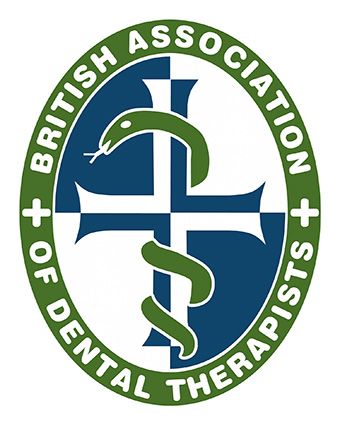
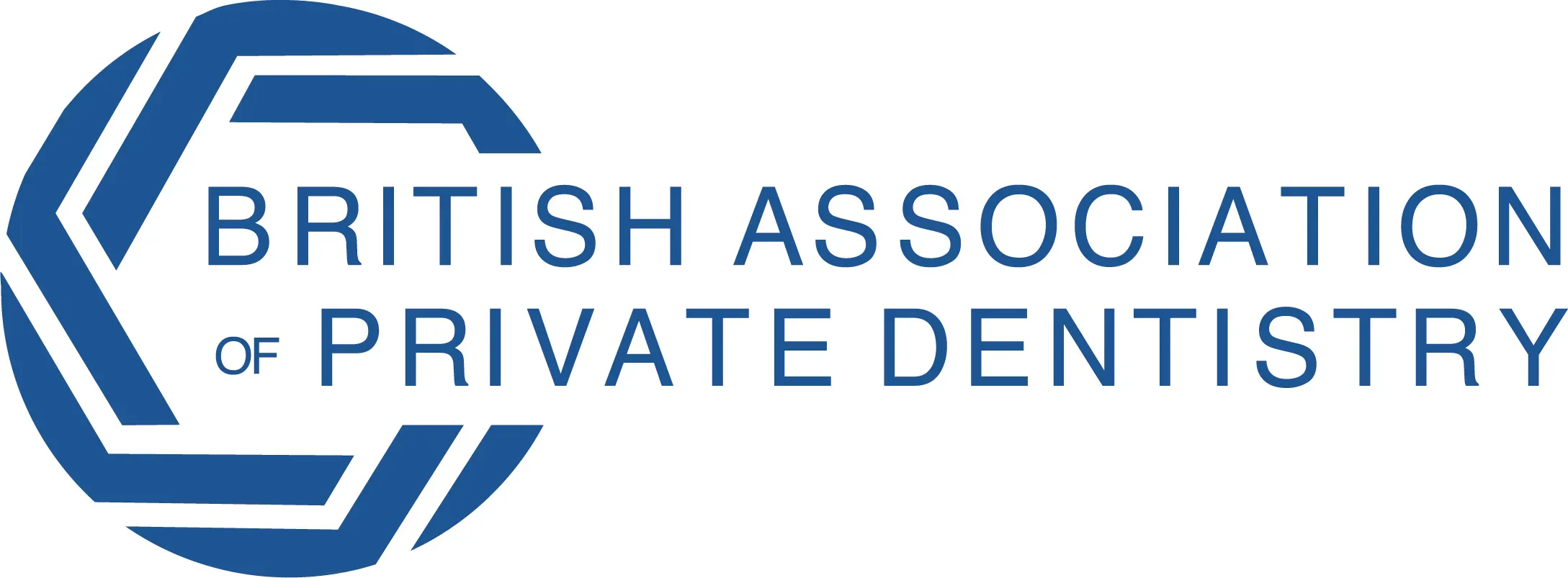


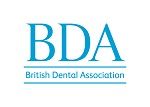


.png)

